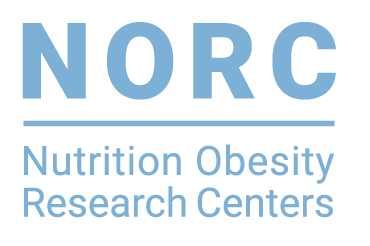Tag: Harvard Medical School
Metabolic Effects of Long-Term Reduction in Free Fatty Acids with Acipimox in Obesity
Abstract Increased circulating free fatty acids (FFAs) have been proposed to contribute to insulin resistance in obesity. Short-term studies have investigated the effects of acipimox, an inhibitor of hormone-sensitive lipase, on glucose homeostasis, but longer-term studies have not been performed. This study examined the hypothesis that long-term treatment with acipimox would reduce FFA and improve insulin sensitivity among nondiabetic, insulin-resistant, obese subjects. Citation Makimura H, Stanley TL, Suresh C, De Sousa-Coelho AL, Frontera WR, Syu S, Braun LR, Looby SE, Feldpausch MN, Torriani M, Lee H, Patti ME, Grinspoon SK. Metabolic Effects of Long-Term Reduction in Free Fatty Acids With … Read More »
Categories: Publications Tags: Harvard Medical SchoolLong-Chain Polyunsaturated Fatty Acids Attenuate the IL-1β-Induced Proinflammatory Response in Human Fetal Intestinal Epithelial Cells
Abstract Evidence suggests that excessive inflammation of the immature intestine may predispose premature infants to necrotizing enterocolitis (NEC). We investigated the anti-inflammatory effects of docosahexaenoic acid (DHA), eicosapentaenoic acid (EPA) and arachidonic acid (ARA) in human fetal and adult intestinal epithelial cells (IEC) in primary culture. Citation Wijendran V, Brenna JT, Wang DH, Zhu W, Meng D, Ganguli K, Kothapalli KS, Requena P, Innis S, Walker WA. Long-chain polyunsaturated fatty acids attenuate the IL-1β-induced proinflammatory response in human fetal intestinal epithelial cells. Pediatr Res. 2015 Dec;78(6):626-33. PMID: 26270575; PMCID: PMC5046822. Read More: Pediatric Research Research Details Research Center: Harvard Medical … Read More »
Categories: Publications Tags: Harvard Medical SchoolWhole Exome Sequencing Identifies RAI1 Mutation in a Morbidly Obese Child Diagnosed with ROHHAD Syndrome
Abstract The current obesity epidemic is attributed to complex interactions between genetic and environmental factors. However, a limited number of cases, especially those with early-onset severe obesity, are linked to single gene defects. Rapid-onset obesity with hypothalamic dysfunction, hypoventilation and autonomic dysregulation (ROHHAD) is one of the syndromes that presents with abrupt-onset extreme weight gain with an unknown genetic basis. To identify the underlying genetic etiology in a child with morbid early-onset obesity, hypoventilation, and autonomic and behavioral disturbances who was clinically diagnosed with ROHHAD syndrome. This publication highlights the potential overlap between ROHHAD syndrome and Smith-Magenis syndrome (SMS) and … Read More »
Categories: Publications Tags: Harvard Medical School
